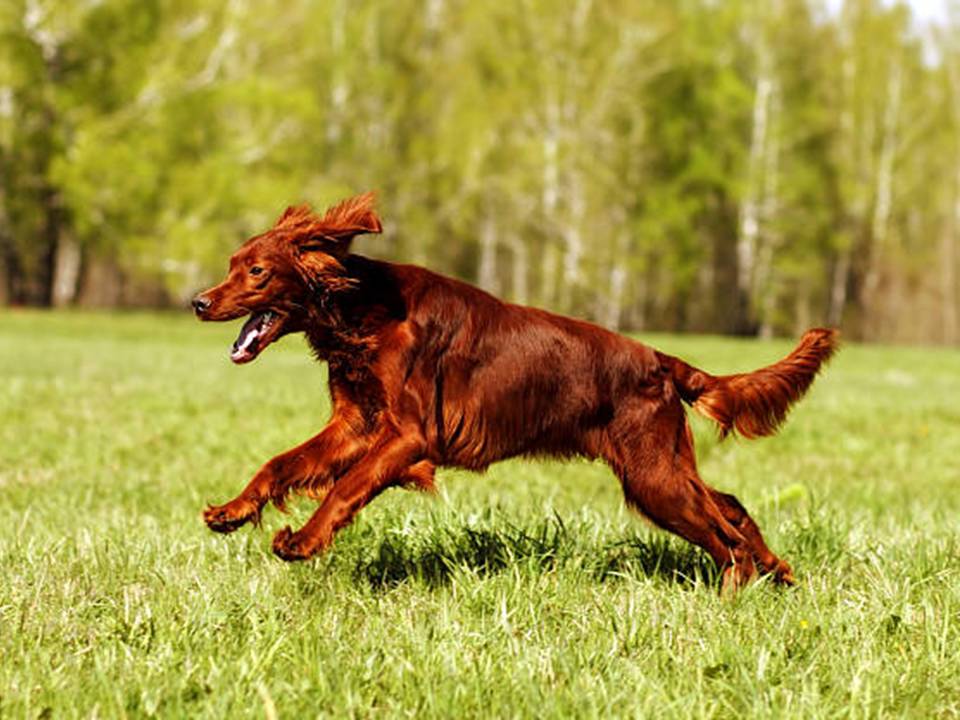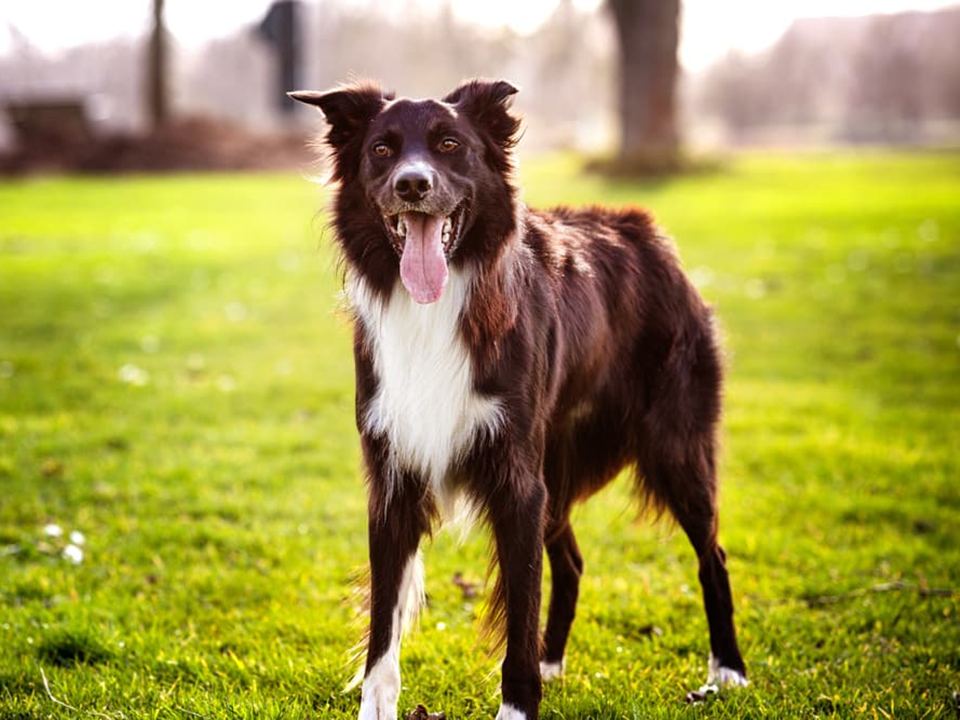Coat and Skin are Vital Indicators of the Dogs’ Overall Health
A dog’s coat and skin are vital indicators of their overall health. A shiny coat and healthy, supple skin signify that your dog is receiving proper nutrition, while dry, flaky skin or a dull, brittle coat may indicate underlying issues, many of which are related to diet. Just like humans, dogs require a balanced diet to maintain their skin and coat health. This article explores the profound impact that diet can have on your dog’s coat and skin, highlighting essential nutrients, common deficiencies, and dietary tips to help your dog look and feel their best.
The Importance of Skin and Coat Health
Your dog’s skin acts as a barrier, protecting them from environmental threats like bacteria, parasites, and allergens. The coat, on the other hand, serves to regulate body temperature and provides an additional layer of protection. Both the skin and coat are the first line of defence against harmful external factors.
A healthy coat should be shiny and smooth, not dry, brittle, or greasy. The skin should be free of irritation, redness, or flakes. Since the skin and coat reflect internal health, paying attention to changes in these areas can provide insight into your dog’s overall well-being.

Essential Nutrients for Skin and Coat Health
The foundation of a dog’s skin and coat health lies in a well-balanced diet. Certain nutrients are particularly vital for maintaining a healthy, shiny coat and supple skin.
Protein
Role: Protein is the building block of hair and skin. Keratin, the primary component of hair, is a protein that requires a steady supply of high-quality amino acids to maintain strength and shine.
Sources: Animal-based proteins like chicken, beef, fish, and eggs are excellent sources of high-quality protein for dogs.
Deficiency Symptoms: A lack of adequate protein can lead to a dry, dull coat and even hair loss. Over time, protein deficiency can also weaken the skin’s barrier function, making it more prone to infections and irritation.
Omega-3 and Omega-6 Fatty Acids
Role: Essential fatty acids, particularly Omega-3 and Omega-6, are crucial for maintaining skin hydration and reducing inflammation. They also help promote a soft, glossy coat.
Sources: Omega-3 fatty acids are found in fish oils (such as salmon oil), flaxseed oil, and certain algae. Omega-6 fatty acids are present in chicken fat, sunflower oil, and safflower oil.
Deficiency Symptoms: Without enough fatty acids, your dog’s skin may become dry, itchy, and prone to dandruff. Additionally, the coat may lose its lustre and softness. Fatty acid deficiencies are also linked to increased shedding and poor wound healing.
Zinc
Role: Zinc is vital for healthy skin cell production and repair. It plays a key role in maintaining the integrity of the skin barrier and reducing inflammation.
Sources: Zinc can be found in meats like beef and poultry, as well as in whole grains.
Deficiency Symptoms: Dogs with a zinc deficiency may experience hair loss, thickened skin, and lesions, particularly around the eyes, mouth, and paws.
Biotin (Vitamin B7)
Role: Biotin is a water-soluble B vitamin that supports hair growth and skin health. It helps with the metabolism of fatty acids and proteins, contributing to strong, healthy hair follicles.
Sources: Biotin is found in the liver, eggs, and some grains.
Deficiency Symptoms: Biotin deficiencies are rare but can lead to hair loss, dry skin, and a lacklustre coat.
Vitamin E
Role: Vitamin E is an antioxidant that helps protect skin cells from oxidative damage. It also promotes skin hydration and elasticity.
Sources: Vitamin E is found in plant oils, leafy greens, and seeds.
Deficiency Symptoms: A lack of Vitamin E can result in dry, flaky skin, hair loss, and a weakened immune system.
Vitamin A
Role: Vitamin A is essential for skin cell regeneration and repair. It also plays a role in producing sebum, the skin’s natural oil that keeps the coat shiny and moisturized.
Sources: Liver, fish oil, and carrots are rich in Vitamin A.
Deficiency Symptoms: Deficiency in Vitamin A can cause dry, scaly skin, as well as a dull coat.
Common Dietary Issues Impacting Skin and Coat Health
- Poor-Quality Dog Food
Not all commercial dog foods are created equal. Lower-quality brands often contain fillers, artificial preservatives, and low-quality protein sources, which may not provide adequate nutrients for healthy skin and coat. Feeding your dog food that lacks essential nutrients can lead to deficiencies, manifesting as dry, irritated skin and a dull coat.
- Food Allergies and Sensitivities
Food allergies and intolerances can also negatively impact your dog’s skin and coat. Common allergens include proteins like chicken or beef, dairy, wheat, and corn. Signs of a food allergy can include itchy skin, rashes, hot spots, excessive licking, and hair loss.
To address food allergies, it may be necessary to switch to a hypoallergenic or limited-ingredient diet, where the allergens are eliminated. A veterinarian can help guide you through an elimination diet to identify the problematic ingredient.
- Insufficient Fatty Acids
Many dogs do not receive enough Omega-3 fatty acids in their diet, particularly if they consume a diet high in processed foods. Since fatty acids are not produced naturally by the body, they must be obtained through the diet. Supplementing with fish oil or Omega-3-rich foods can drastically improve coat shine and skin moisture.
Dietary Tips for Improving Your Dog’s Coat and Skin
- Choose High-Quality Dog Food
Feeding your dog premium dog food that lists high-quality animal proteins (like chicken, beef, or fish) as the primary ingredient can improve skin and coat health. Avoid foods that contain fillers like corn and soy, which do not provide sufficient nutritional value.
2. Supplement with Omega-3 Fatty Acids
If your dog’s food does not contain enough Omega-3 fatty acids, consider adding fish oil or flaxseed oil supplements. These can help reduce skin inflammation, promote a glossy coat, and even support joint health.
3. Provide Fresh, Whole Foods
Adding small amounts of fresh, whole foods like lean meats, eggs, carrots, and leafy greens can boost your dog’s intake of essential vitamins and minerals. Fresh food provides bioavailable nutrients that are easier for your dog to absorb and use for coat and skin health.
- Maintain Proper Hydration
Hydration is key to maintaining healthy skin. Make sure your dog always has access to fresh water. Dehydration can cause dry, flaky skin and exacerbate underlying skin conditions.
- Consult Your Veterinarian
Before making significant changes to your dog’s diet or adding supplements, consult with your veterinarian. They can recommend the best approach based on your dog’s individual needs, ensuring the right balance of nutrients.
Conclusion
Your dog’s diet plays a crucial role in their skin and coat health. Providing the right balance of nutrients—especially protein, essential fatty acids, vitamins, and minerals—can help your dog maintain a shiny coat and healthy skin. By feeding high-quality food, supplementing when necessary, and addressing potential food allergies, you can ensure your dog feels as good as they look. Always work with a veterinarian to determine the best dietary plan for your dog’s specific needs and to prevent deficiencies that can impact their overall well-being.


